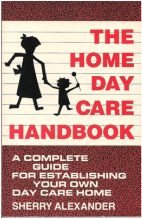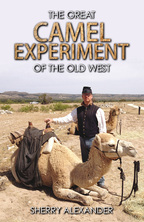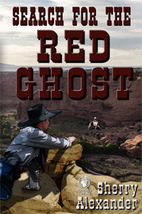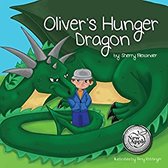 Photo by Brett Jordan on Unsplash
Photo by Brett Jordan on Unsplash Okay, I know way too dramatic! No physical hugs had only one possibility-character hugs. As a writer, I have dozens of characters crisscrossing my mind at any one time. It can get a little crowded in there, so I wondered what if my character friends could help. And, they did!
I found that my more caring characters held me tight in their thoughtful response to the awkward situations I drug them into. My humorous characters made me see the brighter, more laughable, side of a hug less society as they clambered their way through one of my more unusual plot lines. Of course, the saddest ones in my repertoire had their own problems, so I wrapped them words and squeezed the heartache right out of them. What's my point?
Someone once said that "Nothing brightens the day like a hug from a friend," and who has more character friends with them 24 hours a day, 365 days a year, but writers. So if you need a hug, there is a character waiting for you to put your imagination to work and feel the embrace.









 RSS Feed
RSS Feed



